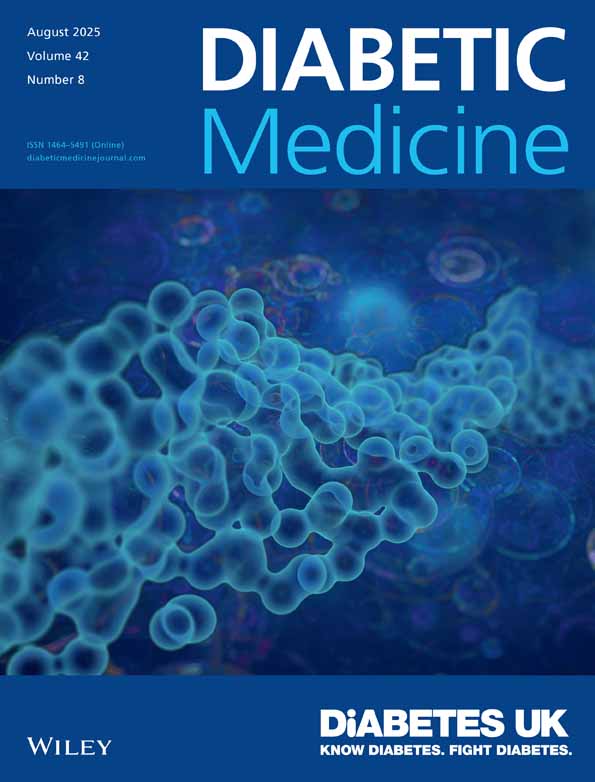Parental History of Diabetes in an Insulin-treated Diabetes Registry
Abstract
To confirm observations of an excess maternal transmission of Type 2 (non-insulin dependent) diabetes mellitus in a setting which minimizes potential biases and confounders, we explored the patterns of maternal and paternal diabetes in a cohort (n = 1775) of subjects with insulin-treated diabetes mellitus (ITDM) in Tasmania, Australia. In order to identify individuals with Type 1 diabetes or insulin-treated Type 2 diabetes, cases were classified into groups based on their age at diagnosis and subsequent time to commencement of insulin. Individuals initially diagnosed younger than age 30 (predominantly Type 1 diabetes cases) reported a similar percentage of mothers and fathers with diabetes, but individuals diagnosed at age 30 or older (predominantly insulin-treated Type 2 diabetes) reported a maternal excess of diabetes. Having an elevated body mass index was associated with a higher frequency of maternal diabetes, but not of paternal diabetes. Because both childhood-onset Type 1 diabetes and adult-onset insulin-treated Type 2 diabetes cases were subject to the same potential study biases, these results offer support for an excess maternal role in Type 2 diabetes transmission. © 1997 by John Wiley & Sons, Ltd.




